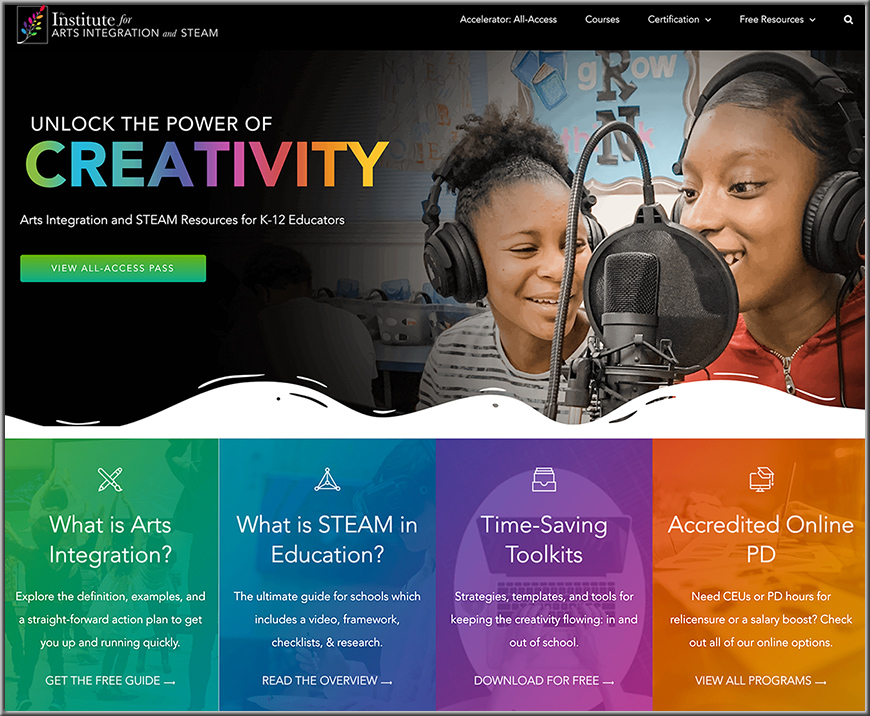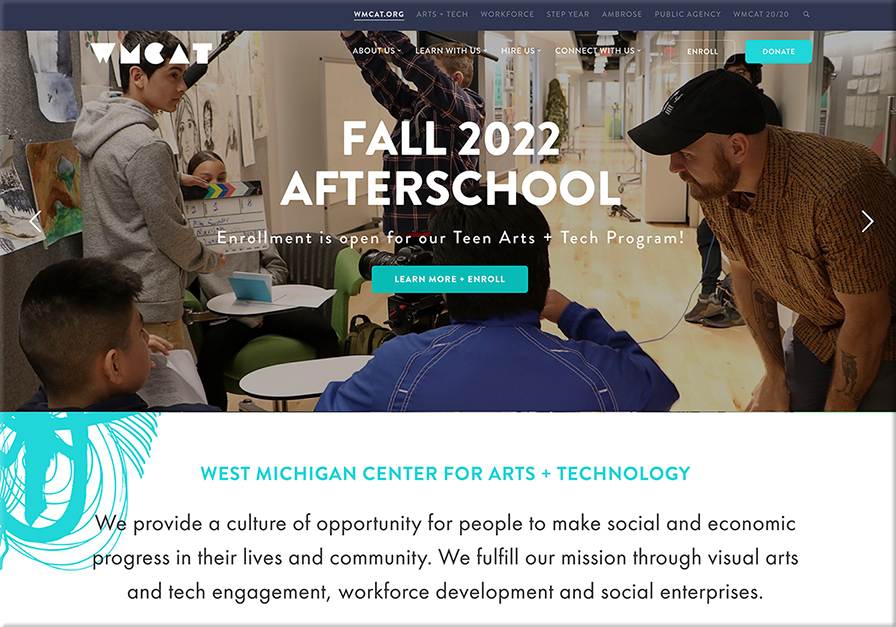Ed tech leaders just predicted these 3 trends will unfold in higher education — from highereddive.com by Natalie Schwartz
Ed tech leaders gathered in New York on Thursday to discuss trends in the sector. Here’s what they had to say.
Excerpt:
NEW YORK — It’s a brutal moment for ed tech companies.
The stock market has been battered over the past few months, and the technology sector has been particularly hard hit. Meanwhile, colleges are experiencing enrollment declines at the same time their coronavirus relief funds are drying up, potentially constraining how much they can spend with vendors.
Still, ed tech CEOs and investors remained bullish about their own sector’s future during a conference in New York on Thursday held by HolonIQ, a market analysis firm. Here are three trends they say are coming down the pike.














